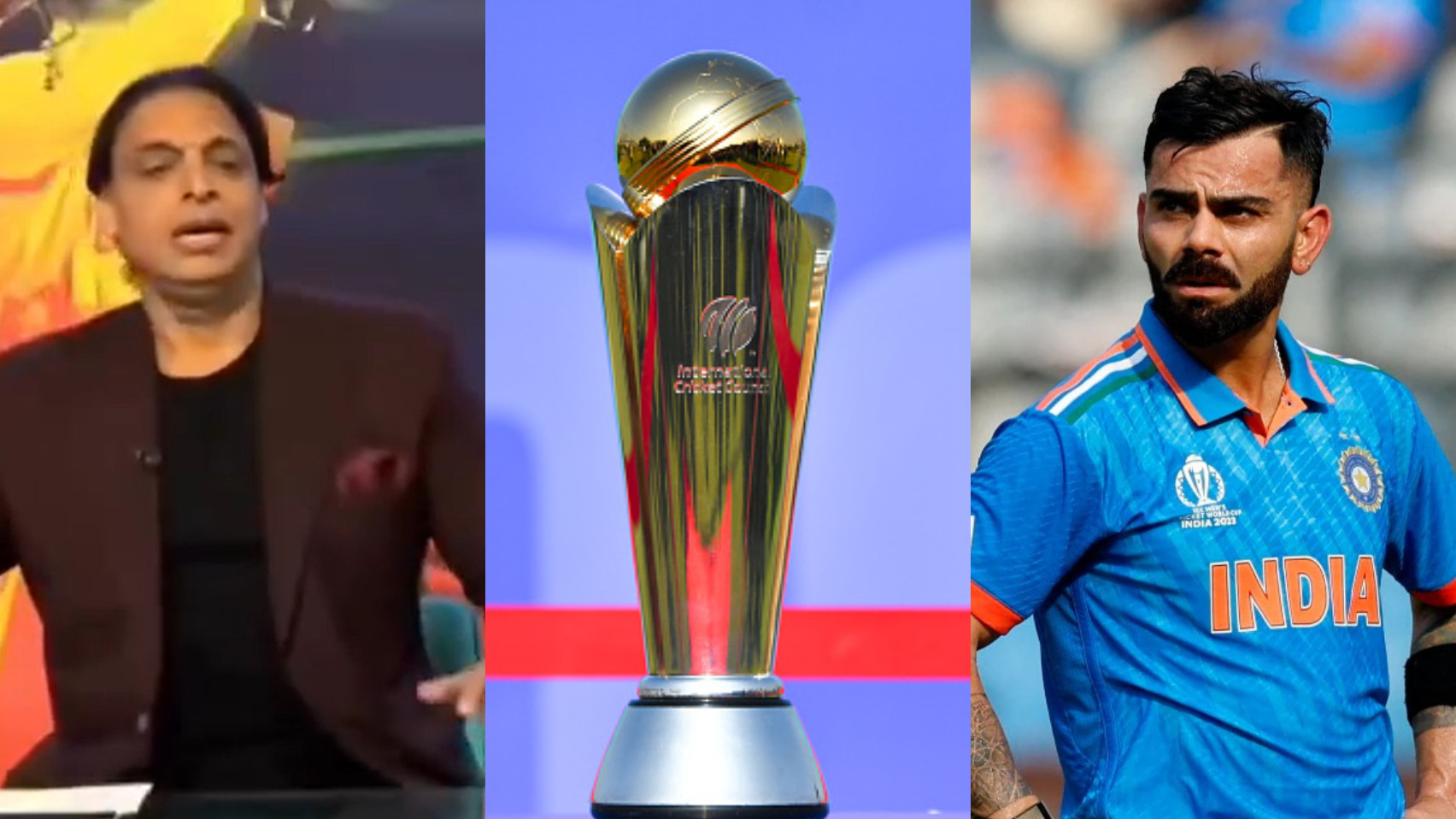 |
|
The upcoming ICC Champions Trophy 2025, scheduled for February-March in Pakistan, is facing a significant hurdle due to the Board of Control for Cricket in India's (BCCI) refusal to send the Indian team to Pakistan. This decision has reignited the long-standing tension between the two cricketing giants, raising questions about the future of bilateral series and the overall spirit of the game. The BCCI's justification, stemming from security concerns and a history of strained political relations, has been met with a range of reactions, including strong opinions from former Pakistani players like Shoaib Akhtar. Akhtar's outspoken comments suggest a belief that the Indian team, and particularly Virat Kohli, are eager to play in Pakistan, despite the official stance. This assertion, however, needs to be examined within the context of political realities and the broader geopolitical landscape that shapes the relationship between India and Pakistan.
Akhtar's claim that 'India is dying more than Pakistan to play in Pakistan' highlights the economic incentives associated with hosting a major cricketing event. The lucrative television rights and sponsorship deals that accompany such tournaments would be exponentially enhanced by the participation of the Indian team, a team with a massive global fanbase and viewership. His reference to Virat Kohli's purported desire to play in Pakistan underscores the appeal of this particular match-up for fans, adding to the commercial value. However, it's crucial to distinguish between the economic incentives and the political realities preventing the Indian team's travel to Pakistan. The absence of the Indian team dramatically reduces the overall allure and revenue potential for the tournament, impacting Pakistan's economic gains.
The current impasse is not solely driven by economic considerations; the geopolitical backdrop plays a significant role. The history of tense relations between India and Pakistan, marked by periods of conflict and political instability, heavily influences the decision-making process. Security concerns are legitimate factors influencing the BCCI's decision. Beyond the immediate security of the team, the broader political implications and potential reactions to an Indian team's presence in Pakistan must be carefully considered. This situation is not isolated; it reflects a long-standing pattern where cricket often becomes a victim of political tensions between the two countries, impacting the broader cricketing landscape and relationships within the cricketing community.
Akhtar's suggestion that Pakistan should adopt a more conciliatory approach and participate in future tournaments in India presents a potential path towards resolving the ongoing impasse. This gesture of goodwill, while seemingly contradictory to the current frustration, acknowledges the economic benefits and the potential for fostering a more positive relationship through cricketing diplomacy. However, such a move requires significant political will on both sides, transcending the immediate tensions to build a framework of trust and mutual respect. The long-standing mistrust between the nations would need significant de-escalation for this type of reciprocity to truly take place. Furthermore, the ‘hybrid model’—while a potential compromise—raises its own set of complexities and negotiations regarding future tournament participation and equitable terms between hosting nations.
In conclusion, the current standoff surrounding the ICC Champions Trophy 2025 highlights the complex interplay between sports, politics, and economics. While the economic incentives for both India and Pakistan to participate in the tournament are substantial, the geopolitical realities and security concerns pose significant obstacles. Akhtar's comments, while revealing his perspective, do not diminish the complexity of the situation. Moving forward, fostering an environment of cooperation and understanding between both countries is crucial for resolving such disputes and ensuring the continued health and growth of cricket as a unifying force, rather than a source of escalating tensions. A solution that balances the economic benefits with the political sensitivities will require careful diplomacy and genuine willingness to engage in productive dialogue.
